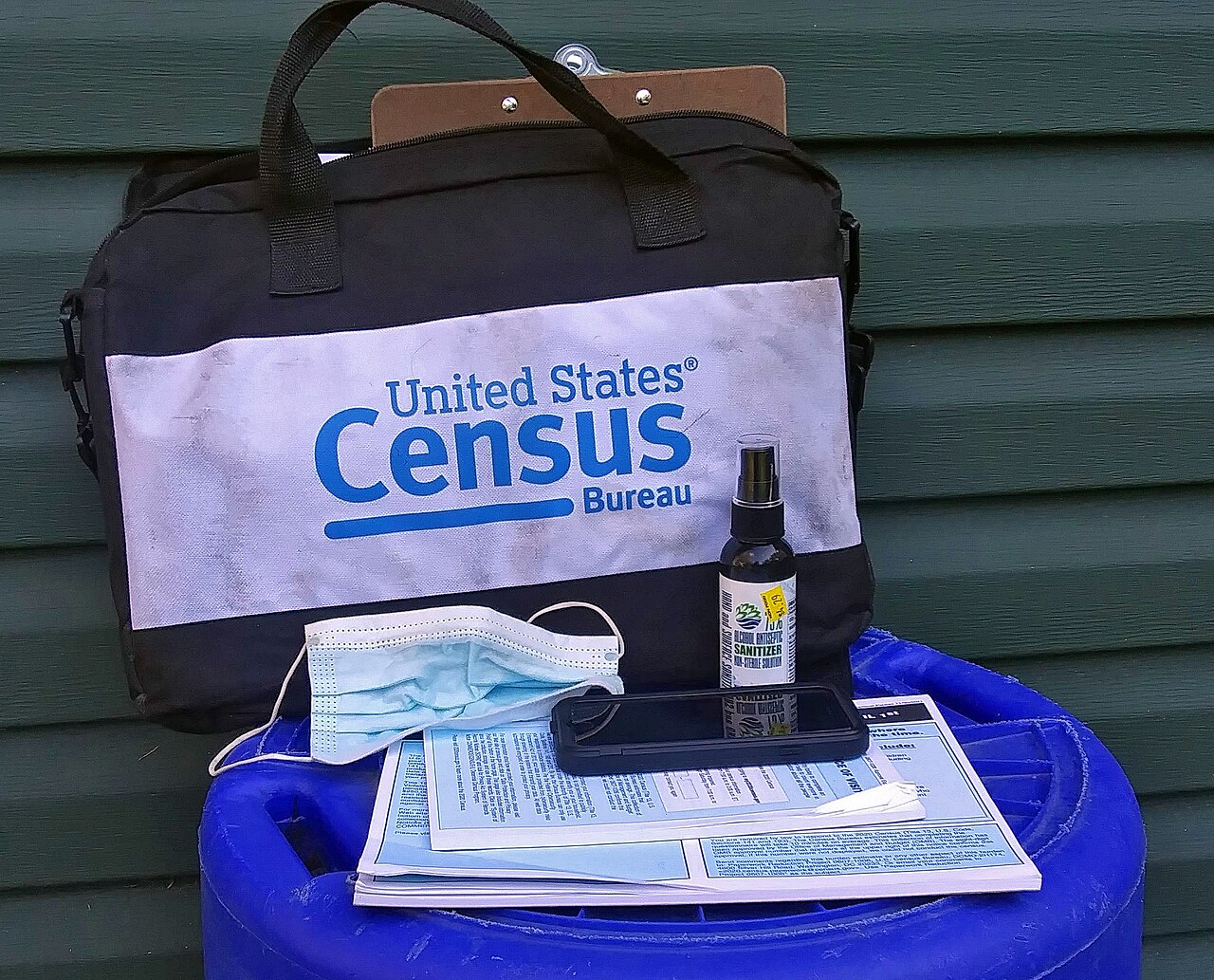Fluke or foreshadowing? What Democrats’ special election wins mean for 2026
The article discusses the implications of recent special election victories by Democrats, notably in Iowa, for the 2026 election cycle. In a special state Senate race in Iowa’s 1st District, Democrat Catelin Drey won a seat previously held by Republicans, breaking the GOP’s supermajority despite the district’s recent conservative trend. This victory, alongside other Democratic wins in special elections across states like Pennsylvania and New York, has sparked debate about whether thes results reflect a genuine shift or are isolated incidents due to low voter turnout and other factors.
Political strategists from both parties agree special elections often do not predict broader electoral outcomes, especially in low-turnout contexts and states trending red in recent years.Democrats have been energized and motivated since the 2024 elections, leveraging strong candidates and localized campaigns that focus on state and community issues rather than national party affiliation. The Democratic National committee’s active support, including mobilizing volunteers, played a key role in Drey’s win.
Republican strategists acknowledge Democrats’ recent momentum in special contests but attribute some of these losses to heightened Democratic motivation and demographic factors favoring college-educated voters. Thay remain confident in holding key Iowa congressional seats and the state’s Senate seat should incumbent Joni Ernst seek reelection. Nonetheless, the results serve as a caution for Republicans not to become complacent.
The article also highlights the broader challenge Republicans face in maintaining control amid past patterns of the party in power losing seats during midterm elections. Democrats need only a few gains to reclaim the House majority in 2026. The upcoming gubernatorial races in Virginia and New Jersey are seen as vital tests of Democratic strength.
while these special election results offer hope to Democrats and energize both parties heading into 2026, experts stress that the political landscape remains fluid, particularly in swing and formerly competitive states like Iowa, where electoral control has shifted multiple times over the decades.
Fluke or foreshadowing? What Democrats’ special election wins mean for 2026
A setback for Iowa Republicans on Tuesday night is fueling fresh speculation that Democrats could have an electoral edge in 2026, though strategists caution the race, a special election for the state Senate, might be an outlier and not part of a new trend.
Operatives in both parties agree that low-turnout races do not always reflect the electorate in statewide elections — particularly in states like Iowa, which used to be considered a swing state but has trended reliably red over the last decade.
CATELIN DREY FLIPS IOWA STATE SENATE SEAT TO BREAK GOP SUPERMAJORITY
But since the 2024 election, Democrats have dominated in almost every special election held in 2025, including flipping several state legislative offices in Iowa, Pennsylvania, and New York blue and defeating the longest-serving incumbent mayor in the country, a Republican, in Omaha earlier this year.
On Tuesday, Democratic state Sen.-elect Catelin Drey defeated Republican Christopher Prosch for the Sioux City-area vacant seat last held by a Republican. The state Senate remains comfortably in GOP hands, but her win busted their supermajority.
Trump won the 1st Senate District by 11 percentage points in November, and Drey won by about 10 points — a distinct overperformance for Drey in a seat that was considered a Democratic stronghold for decades but trended red in recent years.
“I think my kind of big takeaway from it is that it gives hope for Democrats,” said Pat Rynard, founder of Iowa Starting Line. “I think that’s the word of the cycle for Iowa Democrats. They know how much all odds are stacked against them here, but they feel hopeful with the strong candidates they have running at all levels and the momentum they’ve seen in local races recently.”
“With a strong top ticket of candidates, Rob Sand, and energizing candidates at the congressional and local levels, they might be able to pull off a couple big wins,” Rynard said, referring to Democrats’ expected candidate for Iowa governor.
Drey’s victory could be attributed to the national support from the Democratic National Committee, which mobilized over 30,000 volunteers on Monday to run phone banks and campaign for her ahead of the election. The low turnout of 24% also reflected that many conservative voters likely sat out this race — a problem Republicans have always struggled with. Many could be apathetic about voting in 2026, when Trump won’t be on the ballot.
David Kochel, longtime Iowa Republican strategist, said special elections are “outliers,” but these recent Republican losses aren’t necessarily shocking.
“The Democrats are pretty angry. They’re motivated. Republicans are more content because we’ve got the White House, the Congress, the state House, the governorship,” Kochel said.
He doesn’t think Republicans were “asleep at the switch” when it came to this race. Instead, he said Drey’s win benefited from the demographic makeup of the Democratic Party, which largely includes college-educated voters who are more reliable when it comes to turnout.
“They’re, I think, highly motivated in the partisan environment that we’re in right now,” Kochel said. “So, I don’t know if it’s a real bellwether for a larger general election. But I think we’re going to continue to see Democrats just over-performing past history in these specials, particularly at a time when Republicans are in control in Washington.”
He added, “I think maybe this kind of election is the sort of thing that kind of gets people a little more fired up to fight a little harder in 2026, which is what I’m sure that all of our Republican candidates are going to be counting on.”
Republicans already face an uphill battle to maintain control of their trifecta. Historically, the party in power loses seats in Congress as voters blame them for the economy or other political headwinds. Democrats, as of now, only need a net gain of three seats to take back the majority in the House, while the Senate will prove more of a stretch for them.
In Iowa, Rynard argued the special elections are indicative of a growing problem for the GOP: With Republicans having held full-party control for so long, “it’s much harder for them to blame stuff on liberals and Democrats to the voters anymore.”
“Iowa has very long, traditionally been a split-ticket type of state, a divided government type of state,” he said. “It’s very much trended towards Trumpism in the past decade. But you know, full party control, and what comes with that, is not typically what Iowa voters have been in favor of.”
More specifically, Kochel said he doesn’t see Republicans having a problem maintaining representation in the seats held by Reps. Zach Nunn (R-IA) and Mariannette Miller-Meeks (R-IA), as well as Sen. Joni Ernst’s (R-IA) Senate seat.
Nunn and Miller-Meeks represent swing districts but have staved off Democratic challengers in tight races. Miller-Meeks, in particular, won her 2020 race by 6 points and defeated Democrat Christiana Bohannan in 2022 and 2024 by thin margins.
Ernst has not yet announced if she is running for a third term and has two primary challengers for the 2026 cycle. She faced a strong competitor in Democrat Theresa Greenfield but won reelection for a second term in 2020 by 6 points.
Rynard said in Iowa, the most damaging thing for Democratic candidates is tying them to the national party and the DNC.
“The more races have been localized, and the more it’s been about specific Iowa problems or local issues, the better Democrats have done, both in these special elections and elsewhere in the state,” Rynard said. “It’s just getting harder and harder for Republicans to distract voters or blame voters’ problems on anything other than themselves.”
Democratic strategist Jon Reinish echoed Rynard, noting that the national party needs to take a strong look at what these special election candidates campaigned on, albeit to a few thousand voters, and apply it to a grander scale.
“The national party remains incredibly unpopular, so Democrats have their work cut out for themselves,” Reinish said. “But like again, run on what matters to the daily lives of the people who you want to be your constituents.”
“Look at what is already working. Look at who is over-performing in Trump districts at the state, local, and federal level, and rip a page out of those playbooks,” the strategist added.
David Oman, former co-chair of the Iowa Republican Party, said the race should serve as a “wake-up call” to both parties.
“Looking at one [special election] don’t tell you much of anything. Looking at three? They could,” Oman said.
Kochel agreed, saying he wouldn’t blame Democrats for investing in some of the Iowa races now that they have momentum — despite the state trending red over the last 10 to 12 years.
“The party in power tends to have a little bit of headwind in off-year elections, and that’s what we’re going into,” Kochel said. “So Democrats will put a lot of money into it, I think they’ve got a decent candidate, but Iowa continues to be a Republican state, and I think Joni, should she run for reelection, will be successful.”
Democratic strategist Brad Bannon said Iowa’s special election outcome is a “welcome victory” for the party.
“I think where Democrats are now is enough for them, you know, to take back control of the House next year, because I think there’s so much dissatisfaction with Trump’s failure to keep his campaign promise to lower prices on Day One of his second term. That’s a real problem.”
But the real indicator, he said, will be whether Democrats can win the gubernatorial races in Virginia and New Jersey this fall.
Former Democratic Rep. Abigail Spanberger is facing GOP Lt. Gov. Winsome Earle-Sears, with recent polls showing a tight race but Spanberger in the lead. In New Jersey, Rep. Mikie Sherrill (D-NJ) faces Republican Jack Ciattarelli. Though considered to be a blue stronghold for decades, Trump made gains in the state with black and Hispanic voters — two voting blocs that trended away from Democrats nationally and contributed to GOP wins across the board.
WISCONSIN DEMOCRATS USE TAYLOR SWIFT’S ENGAGEMENT AS FUNDRAISING OPPORTUNITY
Oman said that Democrats’ two special election wins ultimately don’t change much for Iowa Republicans, given that they still hold the state trifecta. But her victory should signal that the GOP shouldn’t “take anything for granted.”
“We’re a two-party state. I’ve seen it be blue twice, red — even deep red — twice. And I’ve seen it be purple in between, going back to the ’70s, ’80s, and forward,” Oman said. “So the state’s fully capable of doing that again. Never, never assume that the pendulum goes to one side and stays there. It’ll come back at some point.”
" Conservative News Daily does not always share or support the views and opinions expressed here; they are just those of the writer."


